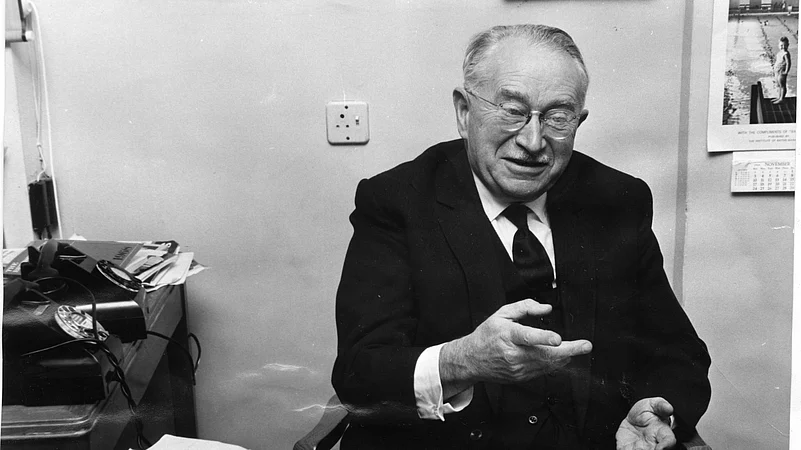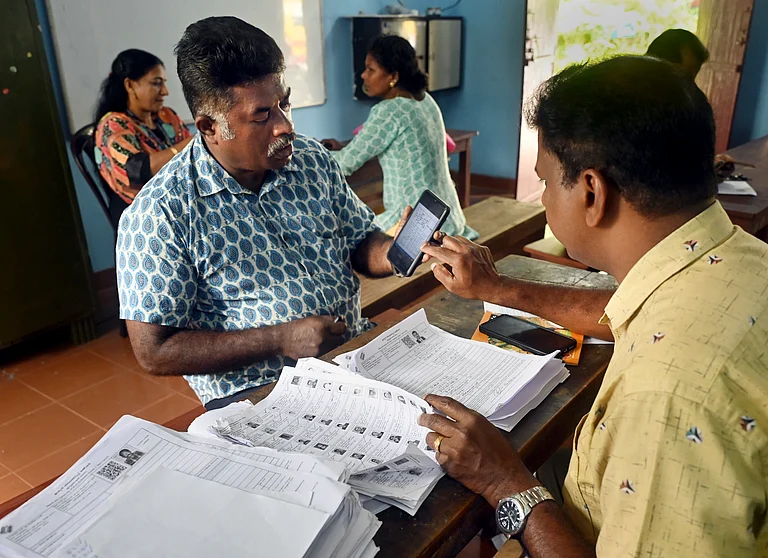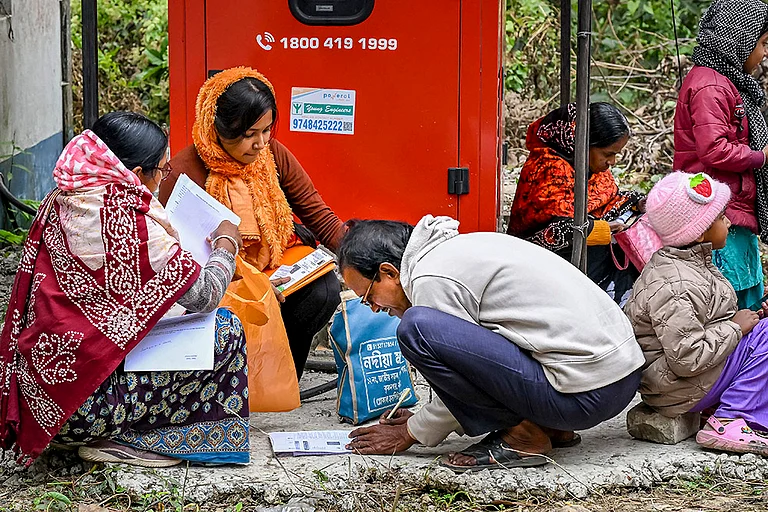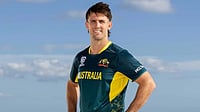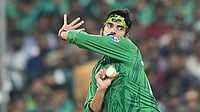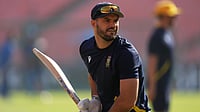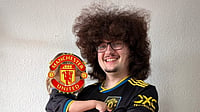As we inch closer to the 2024 Paris Paralympic Games, it is only fitting to take a moment and remember the one who many around the globe call the father of the Paralympic movement. (More Sports News)
Sir Ludwig Guttmann, a German-born neurologist played a major part in proving that disabled sport can be a competitive competition and as exhilarating as non-disabled sport.
He also organised an archery competition for people who used wheelchairs, while cracking the difficulty code that disabled people faced in sport.
Later on, this developed and progressed as the Paralympic Games.
Early Years
Guttmann was born on July 3rd, 1899, in Upper Silesia, Germany (now known as Poland), and was raised in a Jewish family.
He started pursuing medicine at the University of Breslau in 1918 after he was rejected from the military on medical grounds.
He further continued his medicine education in Wurzburg and Freiburg, and received Doctorate in 1924, writing his thesis on the tumours of trachea.
The Government asked Guttmann to become the Director of the new National Spinal Injuries Centre at Stoke Mandeville.
He accepted the offer with a condition that there would be no interference while treating patients.
The National Spinal Injuries Centre
The National Spinal Injuries Centre was opened at the Stoke Mandeville Hospital with Dr Guttmann as the Director.
What started off with 24 beds and just one patient, had close to 50 patients under six months.
He also influenced a new generation of physicians and also taught all of his methods as centres were started all around the world.
A major part of the recovery was to instil belief and hope of making progress into the patients.
Workshops were conducted, but sporting activities made a lot of noise as well as a vital impact on the patients.
Wheelchair polo with walking sticks and a puck was the first, while it was replaced by wheelchair basketball.
Archery was also super popular, and it eventually became the first competitive sport at the Stoke Mandeville Games in 1948.
Eight years later, at the 1956 International Stoke Mandeville Games, the International Olympic Committee honoured Dr Guttmann the Sir Thoman Fearnley Cup for his extraordinary services to the Olympic movement.
The Meeting That Mattered
In 1960, Dr Guttmann met Dr Nakamura from Japan when he visited the National Spinal Injuries Centre.
The concept of recovery and rehab through sport had not made its way to Japan at the time.
However, this meeting played a major part in the history of the Paralympic Games, and also buying a ticket to fly the Games to Japan, which was the second country to host the event in 1964.
Guttmann retired from the Spinal Injuries Centre in 1966, but was very much involved with the national and international organisations and the Games - both in sport and medicine.
He was also knighted by Her Majesty the Queen, becoming Sir Ludwig Guttmann in 1966.






